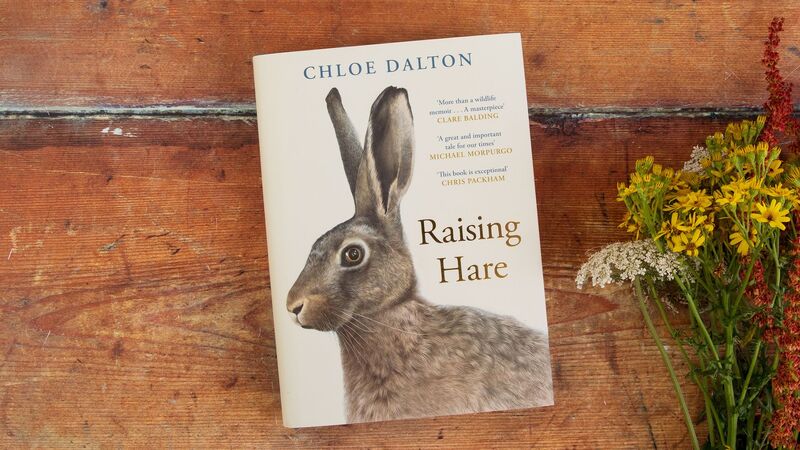You are viewing your 1 free article this month. Login to read more articles.
Mark Haddon: A lesson learnt
I was sent away to boarding school in 1974, a proper, old-fashioned boarding school with fagging and Greek and robust contact sports. One Sunday evening during my third term, in that precious hour of free time between house prayers and lights out, I found myself in the games room with the other boys in my year, doing what twelve-year-old boys have always done in games rooms pretty much since we came down out of the trees: seeing who could balance a snooker cue on the tip of their finger, who could fit a billiard ball in their mouth, who could hit a bull’s-eye by throwing a dart over their shoulder. The hour rolled around, the bell rang, we trooped off to our dormitory and went to bed. Some time later we were woken by a prefect banging the door open, turning the lights on and telling us that the housemaster wanted to see us all in his study. Now.
It’s hard to explain to anyone who hasn’t gone to a proper, old- fashioned boarding school the sphincter-tightening horror in those words. We got up, put our slippers and dressing gowns on and shambled downstairs, through the library, across the dining room and into what we called ‘the private side’ of the house, through two white, wooden doors held closed by those plastic roller-ball latches I still come across sometimes in downmarket hotels and dentists’ waiting rooms, and whose slippery click still makes my blood run slightly cold.
We shuffled into the housemaster’s study and arranged ourselves in a semicircle smelling of Mycota athlete’s foot powder and Phisohex acne lotion while he smoked his pipe and picked idly at the tassels on his armchair. He let the silence run and the tension build until he finally said, ‘Who has made a hole in the games room radiator?’
Without thinking, I said, ‘It could have been me, Sir,’ because I was a good boy who always told the truth and because one of my darts had indeed bounced off the radiator. To be honest I was feeling a little smug. I was expecting a mild reprimand and a commendation for my honesty.
However, he simply said, ‘Thank you, Haddon,’ and let the silence run for a second time before he banged his pipe out on the metal fire-surround and said, ‘So who made the thirty-six other holes?’
The following evening I went up to the games room to examine the damage and discovered that whoever had vandalised the radiator had done so with some effort and application, possibly using a nail and a hammer. Whether that person was standing in the housemaster’s study when I made my naïve confession I never found out, but if they were they could probably hear the angels singing and see a shaft of golden light pouring down through a gap in the clouds. No one said anything, the other boys were dismissed and I was told to remove my dressing gown. The housemaster went over to the corner of the room and selected a weapon from a drawer full of canes. He came back, told me to bend over then beat me six times. I retired to bed weeping and bleeding a little.
The next morning I went down to breakfast feeling sore and sorry for myself only to find that something extraordinary had happened. Younger boys clustered around me, wanting all the grisly details and, if possible, a glance at the wounds, older boys patted me manfully on the back in passing as if I’d recently returned from an ascent of K2, even the teachers appeared to be treating me as if I was a little older, a little more mature. I had never been cool, partly on account of being overweight, partly on account of my constant low-level anxiety and partly on account of the purple rollneck jumper I sometimes wore on Sunday afternoons when we were briefly allowed out of uniform.
Temporarily, however, I seemed to have been sprinkled with a little of that magic dust, and now it was I who could hear the angels singing and see a shaft of golden light pouring down through a gap in the clouds because I suddenly understood for the first time that both the school and the wider world were governed by two parallel but contradictory sets of rules. Good boys who always told the truth and scored alpha plusses on their report cards, they won prizes on speech day and had their names written in gold leaf on the walnut scholarship board in the hall, but the other boys and a good number of the staff despised them, reserving their real admiration for boys who scored straight betas and showed character by drinking and smoking and shagging girls from the town then getting a solid second in geography at Bristol before becoming colonels in the Grenadier Guards.
Several terms later the housemaster was sitting at our table for lunch when he was asked by one of the more forward boys in our year how he could justify beating children. ‘I can justify it,’ he said, ‘because I always know that they are in the wrong and that I am in the right.’ It was, without a shadow of a doubt, the most educational moment in my entire school career, the moment at which I realised that you should never take anyone’s explanation of anything for granted.
Extracted from Swimming and Flying which is available for download as a Kindle Single at amazon.co.uk. Mark Haddon’s latest novel, The Red House, is out now.















